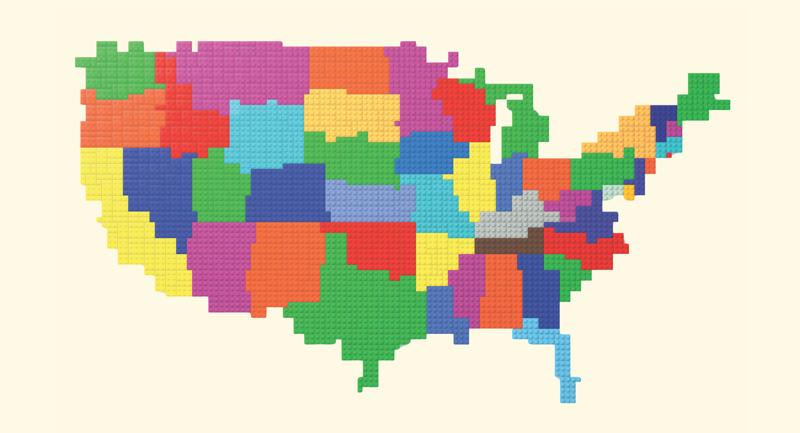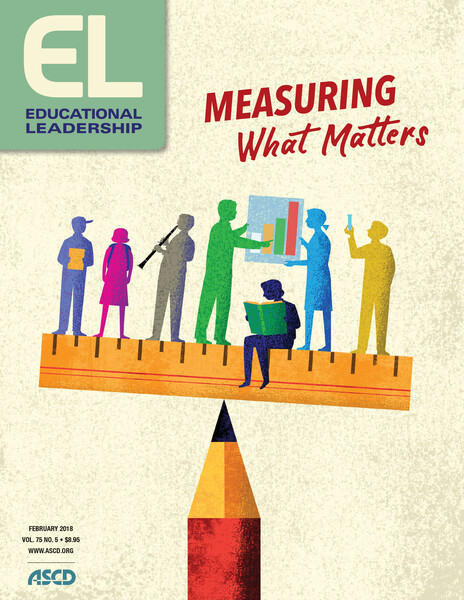February 1, 2018
•
5 min (est.)•
Vol. 75•
No. 5Better Assessments Require Better Assessment Literacy
To improve school testing systems, educators need to deepen their knowledge of assessment principles.

Premium Resource
Assessment is the process of gathering evidence of student achievement to inform educational decisions. If schools are to maximize student learning, several different contributors must use dependable assessment results to inform a wide variety of important educational decisions. Some need to inform instructional decisions as learning unfolds in the classroom, while others make programmatic decisions based on periodic assessment results. Still others depend on annual test results to evaluate long-term progress. Sometimes assessment users rely on the process and results to motivate and support student learning. At other times, schools and districts use assessment data to certify and report achievement. Considered together, these various players make up what we can conceive of as a local school district assessment team. Each team member makes her or his own unique contribution to student academic wellbeing.
But what if evidence needed by these various stakeholders is unavailable or undependable due to poor quality assessments? What if the assessment process is used in counterproductive ways that, in fact, discourage learning? Most important, what if practitioners and policy makers lack the assessment know-how needed to prevent these and other such problems? Clearly, the result would be poor educational decisions that slow or otherwise harm student learning, individually or collectively.
Well, in fact, few teachers or administrators and almost no educational policy makers have been given the opportunity to master the basic principles of sound assessment practice. This is the result not of their own negligence but of policy makers' blind faith belief in the power of annual high-stakes standardized tests to provide the motivation and evidence needed to improve school quality. Over the past 70 years, this form of large-scale assessment has drawn virtually all of our technical, financial, and educational investment. We have invested comparatively little to ensure the quality and effective use of the classroom assessments that form the foundation of truly balanced local systems. Yet we know from extensive research that the decisions that truly drive instructional effectiveness aren't made once a year. They are made every few minutes, every day, in our classrooms.
Given what we know today about how students learn and how educators can use assessment to support that learning, and what kind of system would we create if we were given the green light to innovate? Without question, we would build well-balanced local assessment systems that serve all critical stakeholders and purposes well, informing key decision makers in formative, instructional, and summative contexts. Such a system would serve the evaluative and decision-making needs of students, parents, teachers, principals, district leaders, and educational policy makers at all levels. It would communicate dependably accurate assessment results about student mastery of sharply focused academic achievement standards in the most instructionally useful and cost-effective ways. It would boost motivation by conveying to students that success is always within reach if they keep striving for it.
However, this kind of dynamic assessment system is achievable only if everyone involved is assessment literate—meaning, for example, that they can differentiate among purposes of assessment; insist on and promote the collection of dependable evidence; and understand how to use assessment processes to foster students' growth and awareness of their own learning progress.
Only then can instructional decisions be based on dependable evidence arising from the wide variety of efficient sources that begin in the classroom.
End Notes
•1 See Black, P., & Wiliam, D. (1998). Assessment and classroom learning. Educational Assessment: Principles, Policy and Practice, 5(1), 7–74.
•





